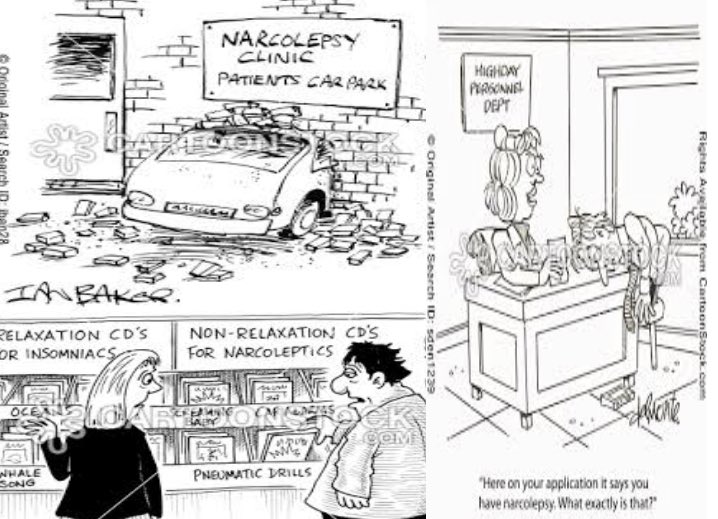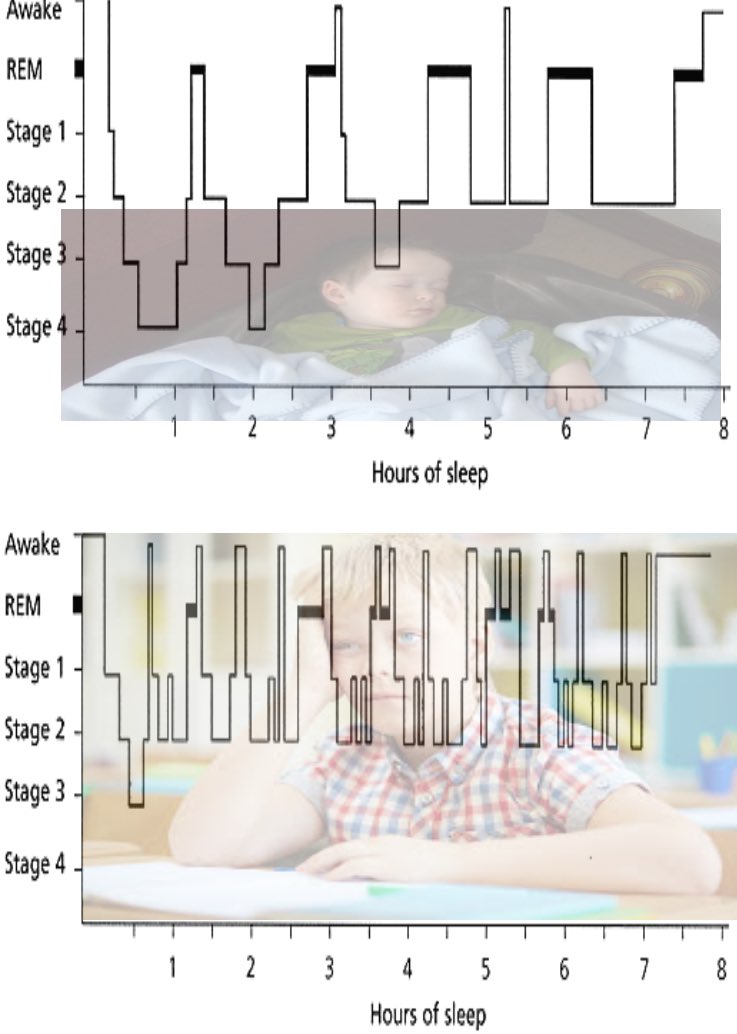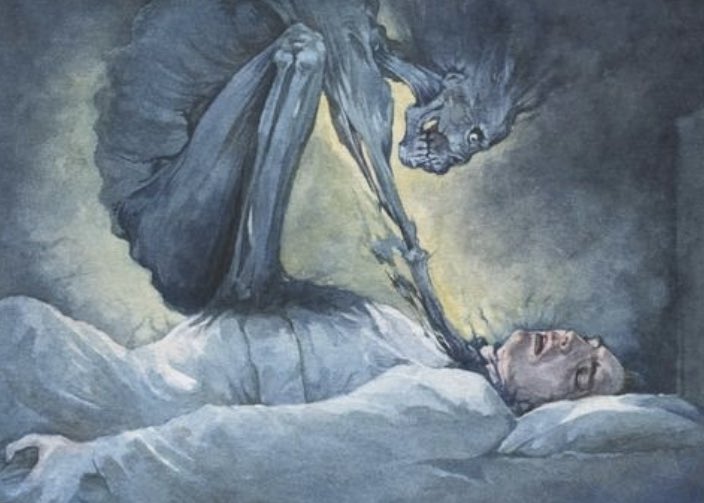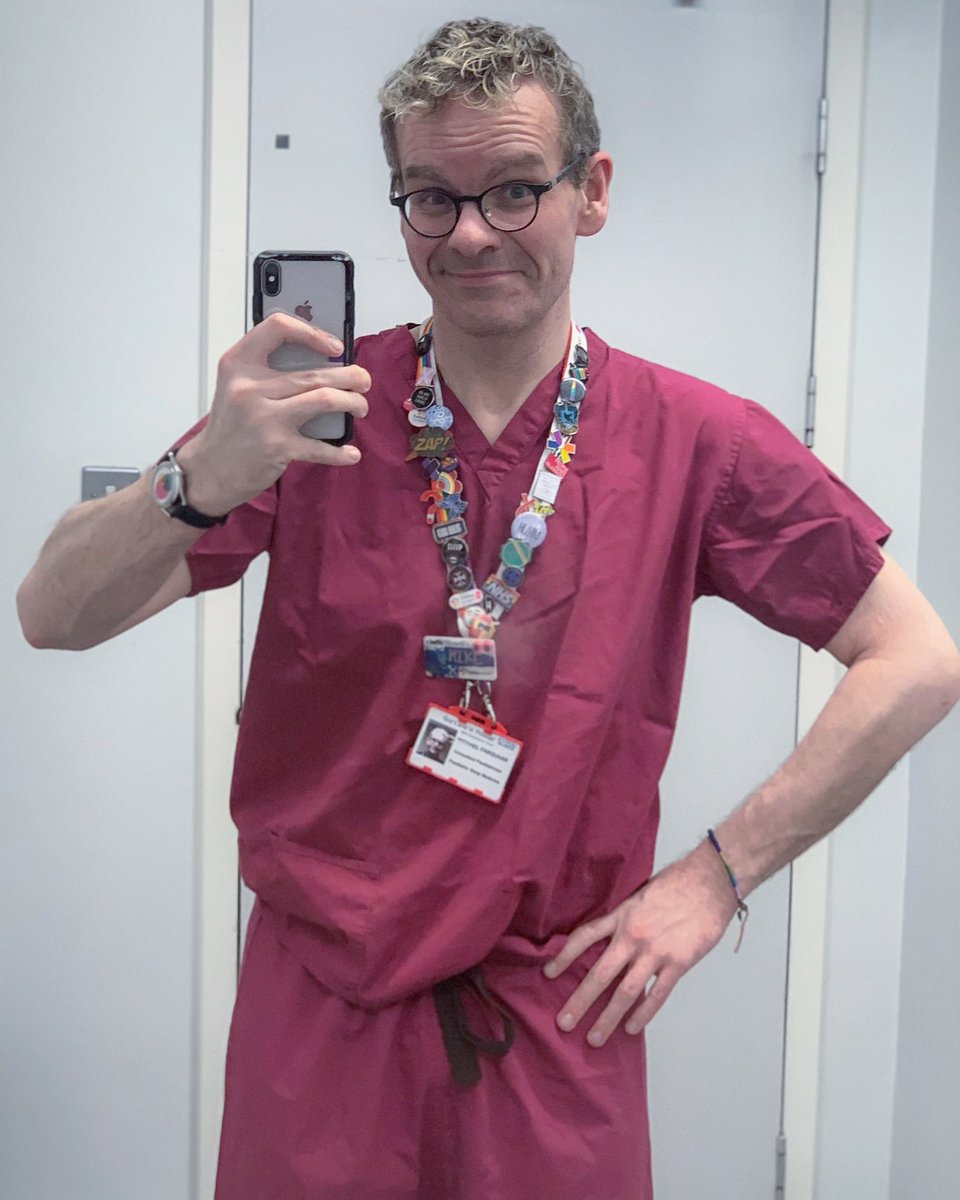
Sleep is the foundation of our physical and mental health; when sleep is impaired, the consequences can affect every aspect of health and wellbeing
Even at the milder end of the spectrum though, narcolepsy can have a subtle but profound impact on health, wellbeing and function
I usually quote an incidence figure of about 1 in 2500; similar to diseases like cystic fibrosis
On average, it still takes 10 years after symptom onset for a correct diagnosis of narcolepsy to be made
When I started medical school (in 1994) while we knew the symptoms, we understood very little of the pathophysiology of the disease
Over the last 25 years, our understanding has grown significantly
I’ll mainly talk about type 1 just now
(Type 1 diabetes mellitus is an example of an autoimmune disease)
These are related to the REM/dream stage of sleep
Although terrifying, it doesn’t cause harm in itself
Because of their hallucinatory nature, they have been misdiagnosed as psychosis by the unwary, and treated with drugs incorrectly
Unless people (paediatricians especially) have an awareness of the symptoms, the significance can be missed
Poor quality night sleep means people with narcolepsy can feel tired in the day but, more than this, they will often suddenly fall asleep with relatively little warning
We prescribe “power naps” as part of treatment
























